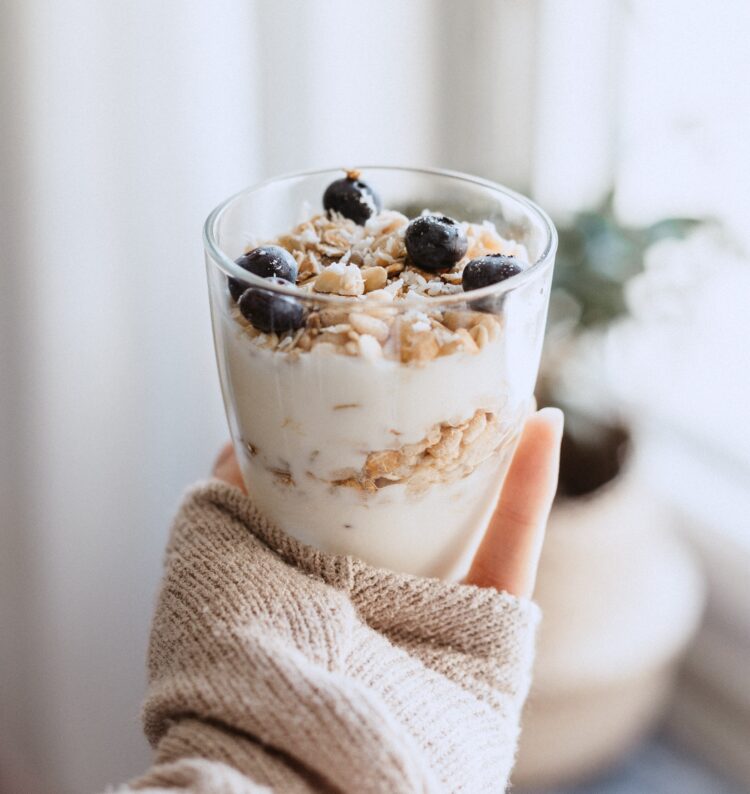Snack cupboard too tempting? Here are some tips to follow to ensure your body gets what it needs — not just what our tastebuds are craving!

You might think that all this time at home would allow you to really focus on eating healthy meals and resisting temptation. But yet so many of us are reaching for the biscuit tin all day or craving takeaways — foods that won’t do the immune system any favours!
Dietitian Paula Mee is working with the National Dairy Council to share advice on sticking to a healthy diet during lockdown.
“Anecdotally, yet understandably, there seems to be more comfort eating and drinking occurring. Getting through this house bound phase will require us to find a way to eat well. It is so essential for our physical and mental health, and to support the normal functioning of our immune systems at this critical time,” Paula says.
It is of course understandable for us to crave comforting, ‘treat’ foods at this stressful time, but as we are more tempted to snack and feel bored when we’re out of routine, it’s important to create a sense of normality.
“With daily routines being completely disrupted, this often coincides with changes in our eating patterns. For example, our food choices may differ during the summer holidays or on weekend days compared to weekdays. With the current restrictions requiring more people to work from home, cocoon or home-school children, this can lead to a period of meal and snack adjustment,” Paula says.
Below are some practical tips for maintaining a health diet during lockdown:
Create a routine
“For those with a loss of appetite or those that reach for food out of boredom or anxiety, creating structure and routine by having meals or snacks around the same time each day will help,” Paula says.
It makes sense to stick to a regular eating pattern, as not doing so can interfere with your mood, digestion and metabolism. Stick to three meals a day with two snacks.
Think ahead when making your shopping list
Many of us are in the habit of popping to the shops whenever we crave something, but now is definitely the time to practice clever meal planning. Know what you need before you go in, think about how to make ingredients last, and if possible, batch cook meals.
“When cooking, make extra servings which can be frozen as individual meals for a later date. It is also the perfect time to try out new recipes, include the children in cooking and baking or make a nutritious dish for delivery to a loved one,” Paula suggests.
Eat what your body needs
Remember the building blocks of good nutrition. Try to ensure you are eating from all the necessary food groups — when we’re eating at home, it is easy to fall into a habit of preparing the same meals over and over again. Make sure you’re not missing out on any essential nutrients by varying your diet as much as possible.
Certain foods are beneficial to the immune system.
“Dairy products provide calcium, protein and phosphorus to support normal bone health; milk, cheese and yogurt are rich sources of Vitamin B12, with cheese also providing vitamin A and zinc. These nutrients contribute to the normal function of the immune system,” Paula says.
The NDC will be working with a number of experts and ambassadors over the coming weeks to bring you advice and support during this difficult time. The NDC website also contains a wide selection of delicious recipes to help keep you nourished and busy in the kitchen. All can be found at www.ndc.ie.








